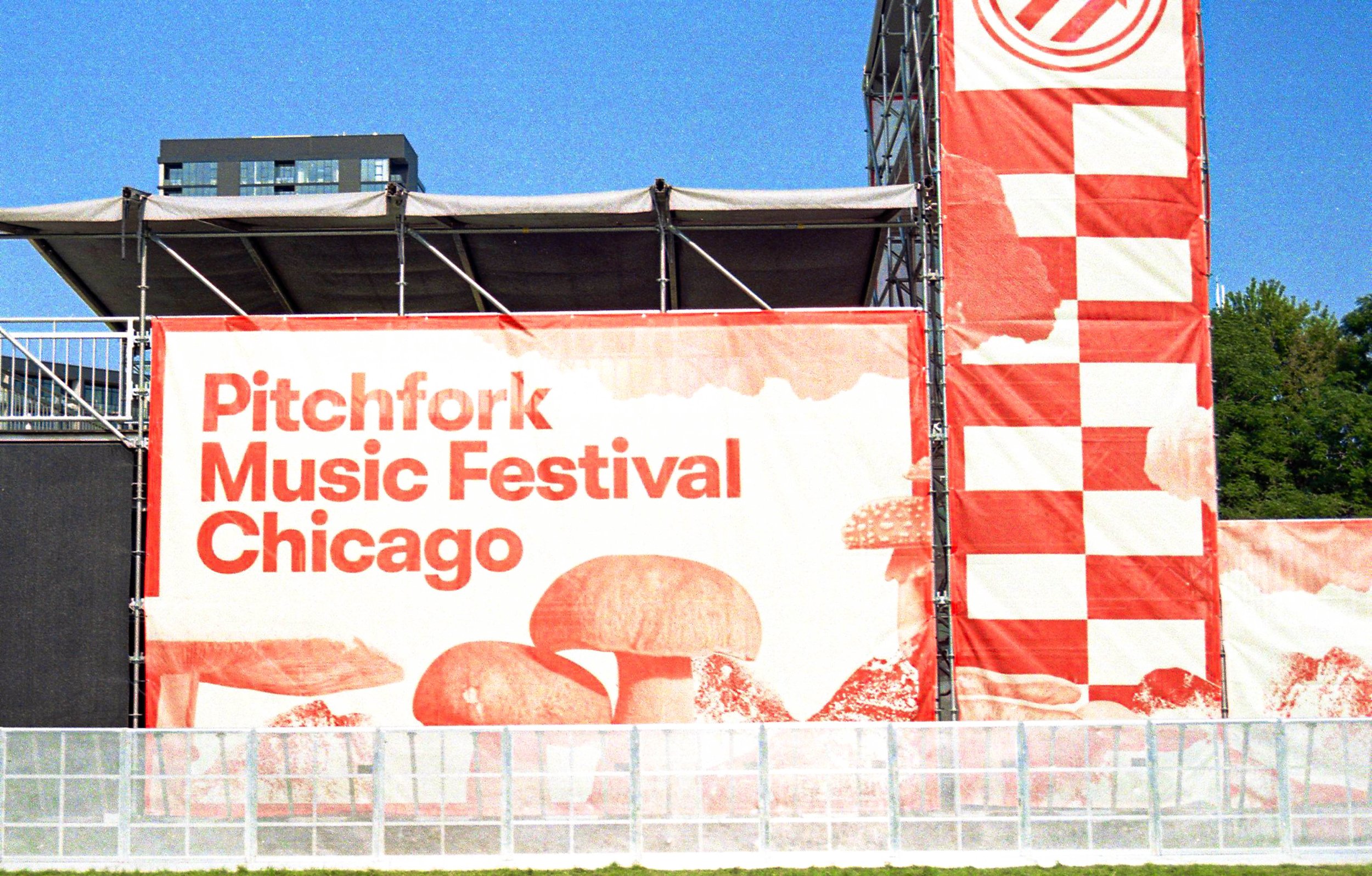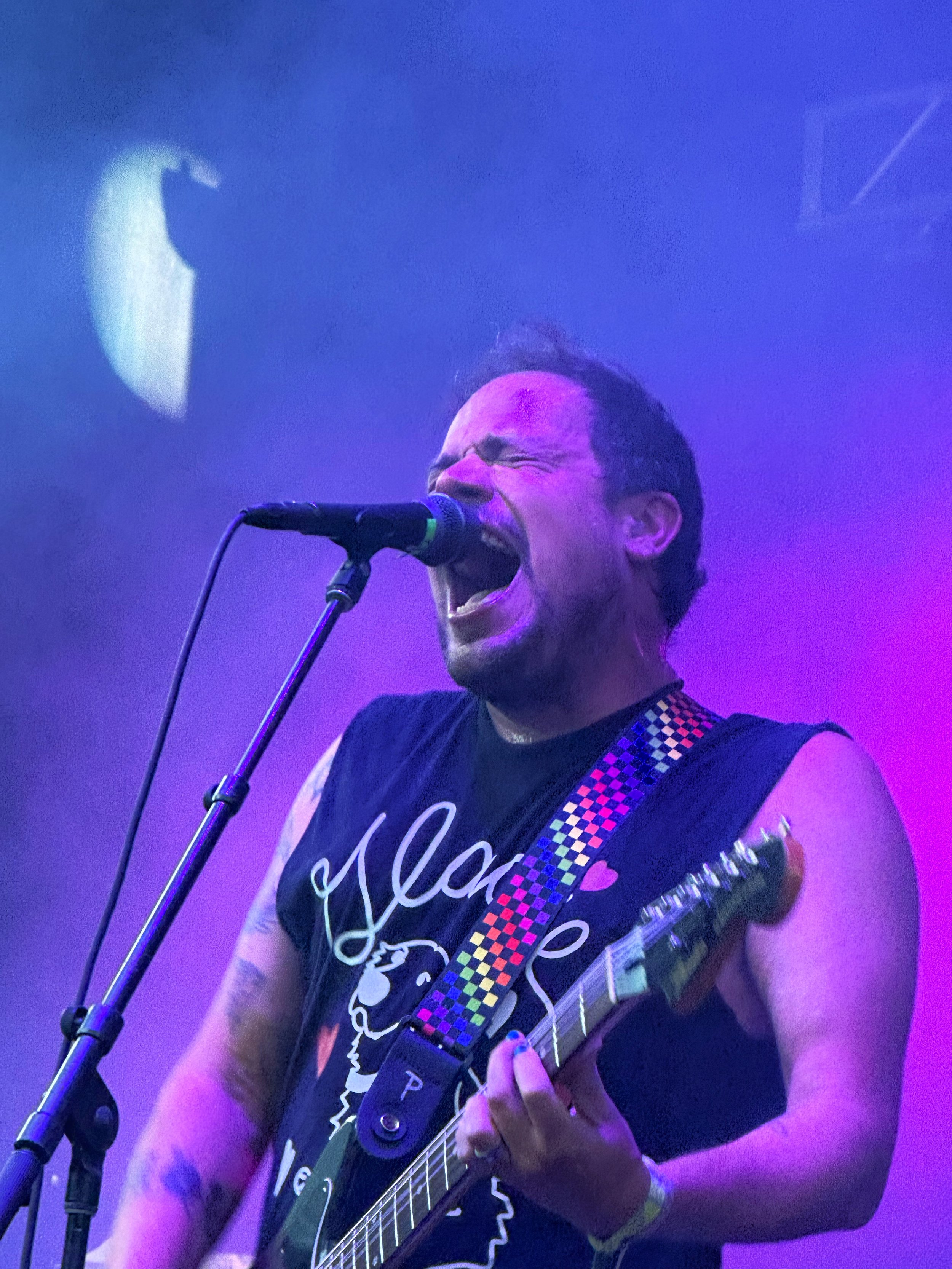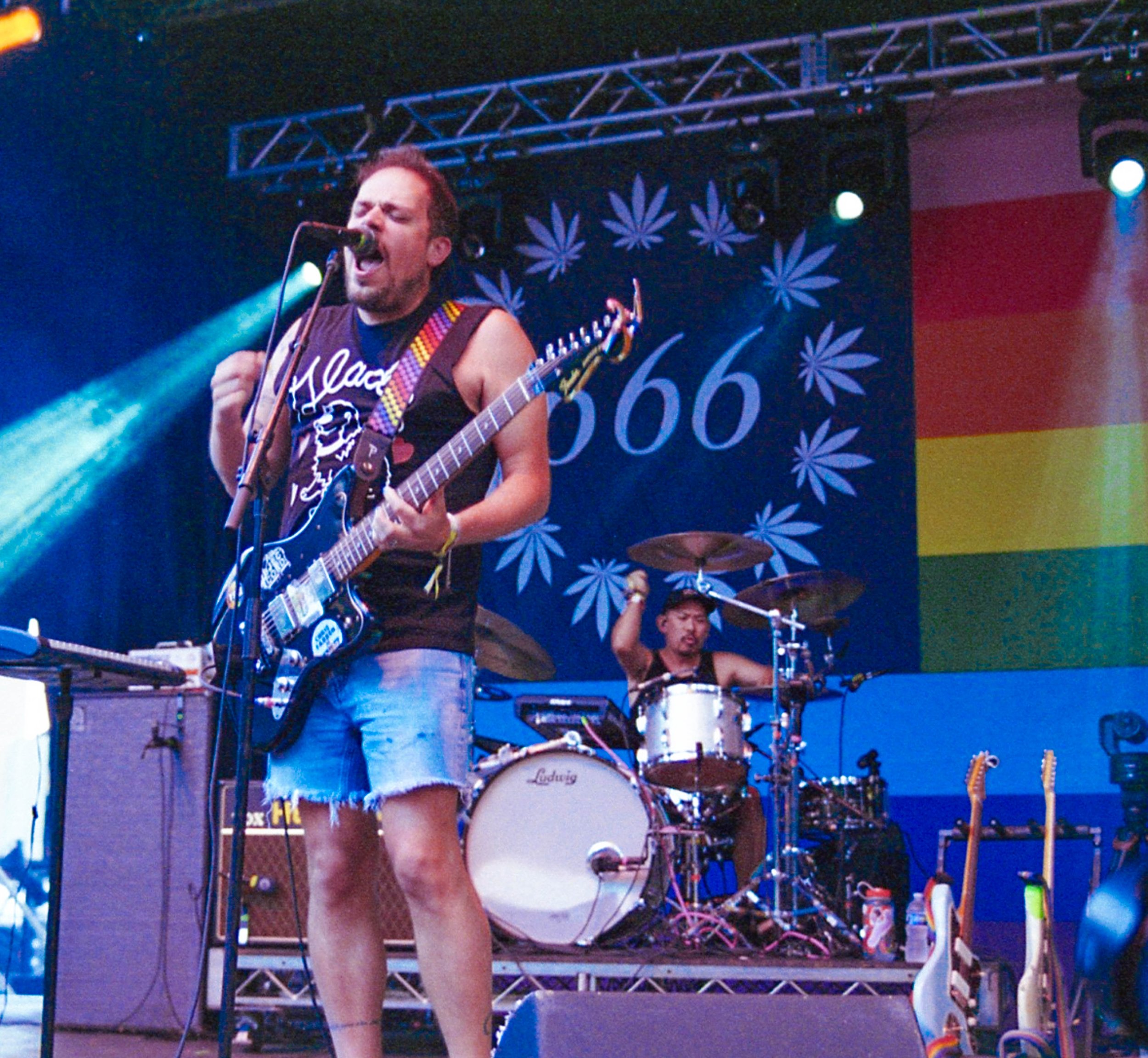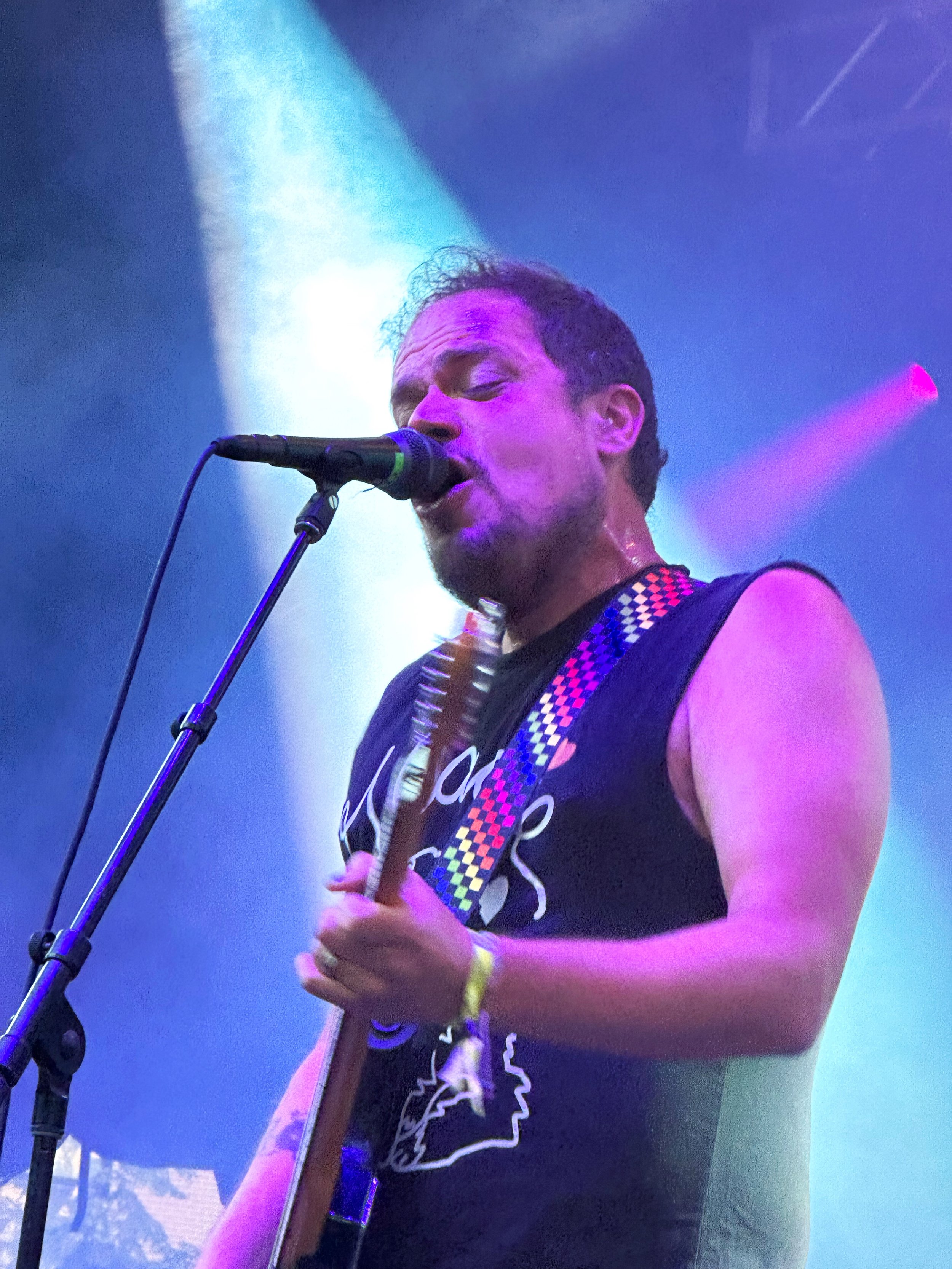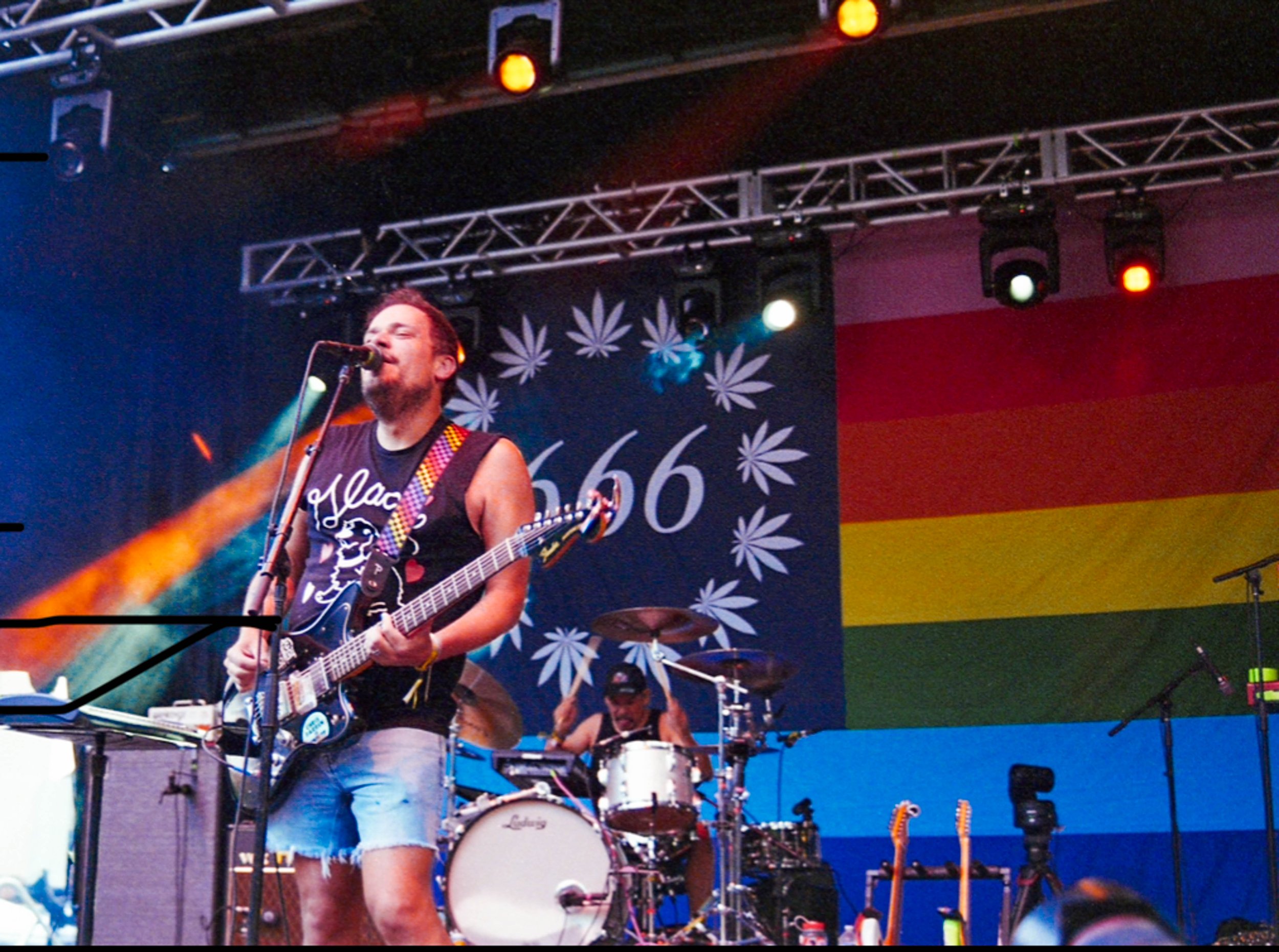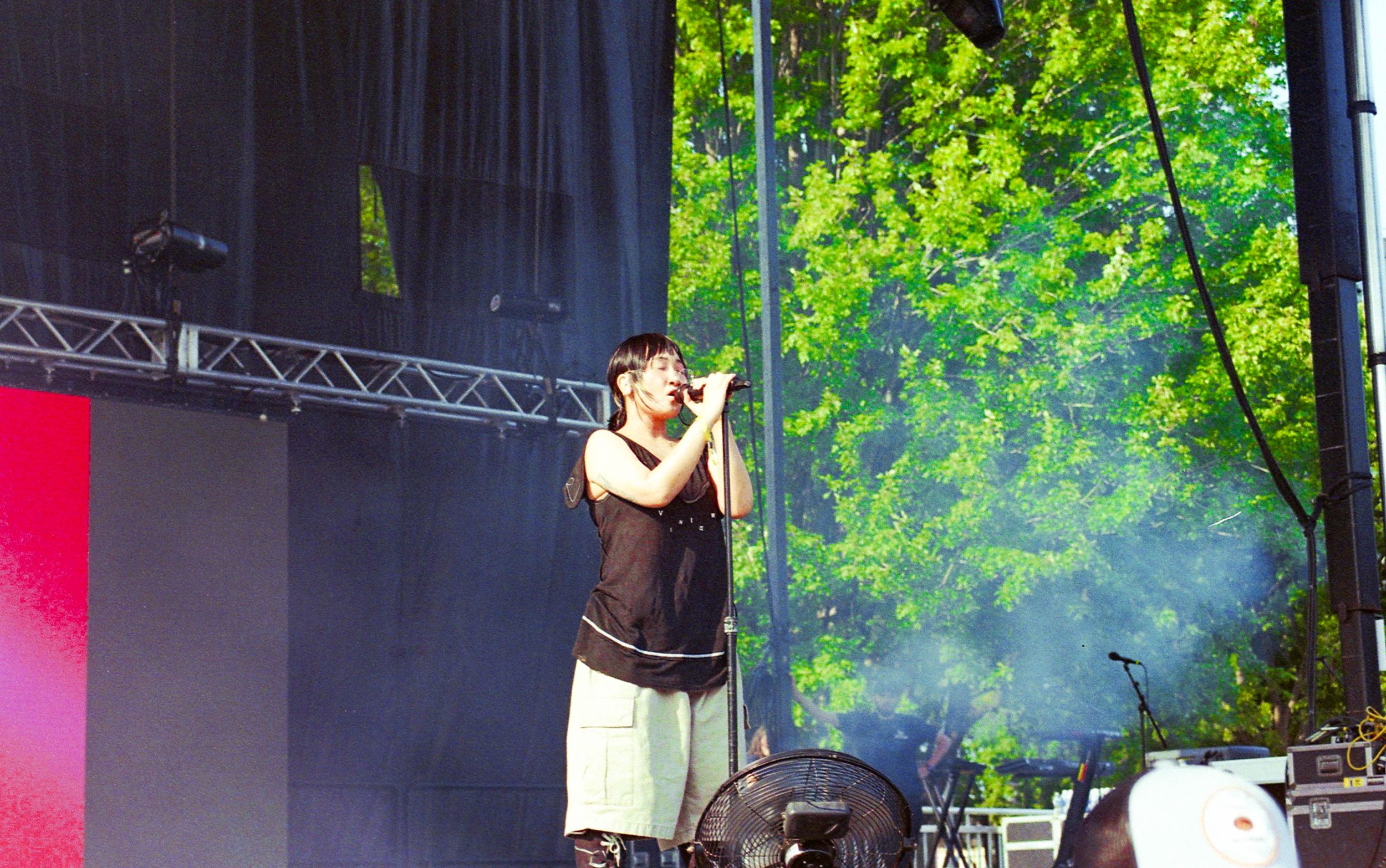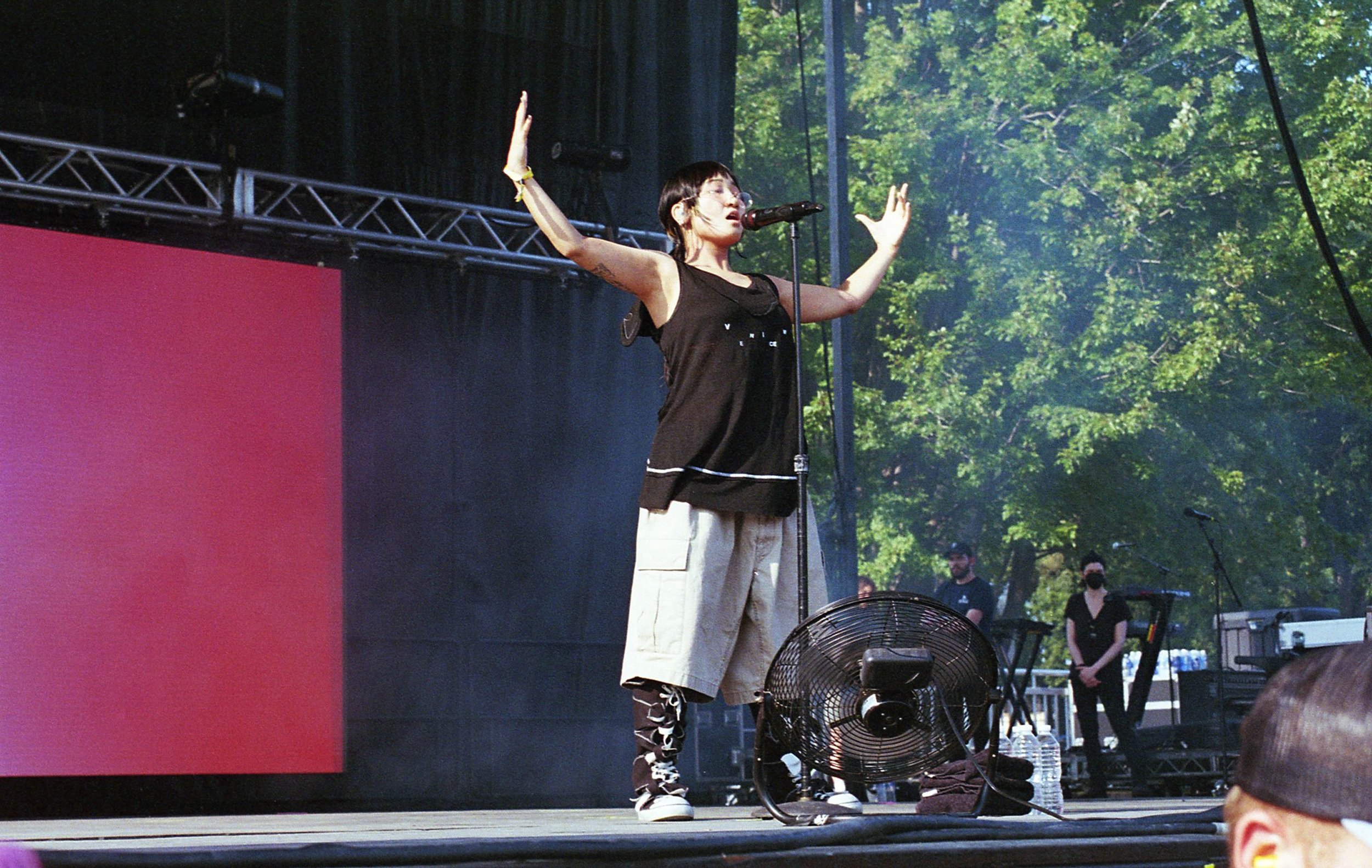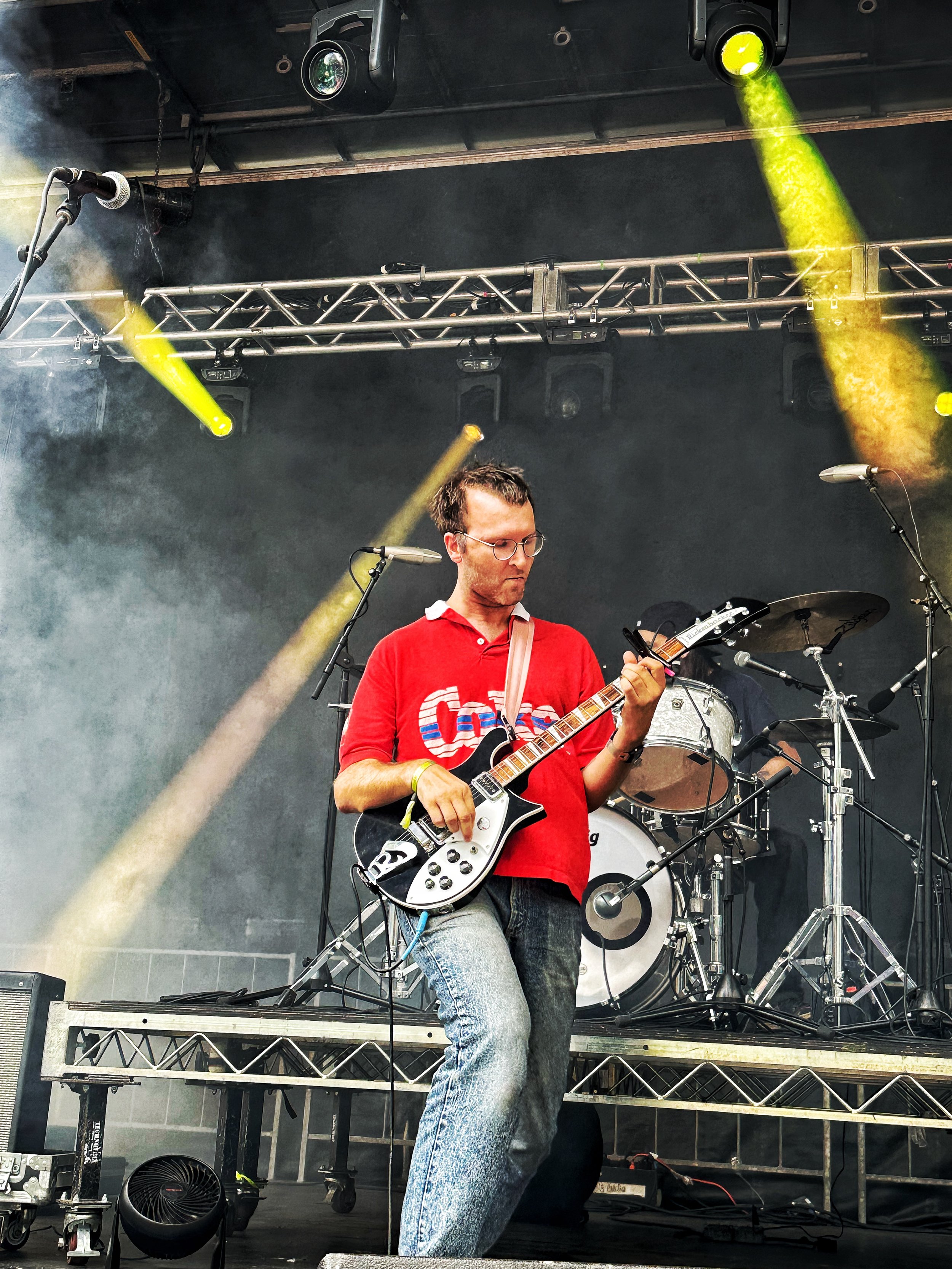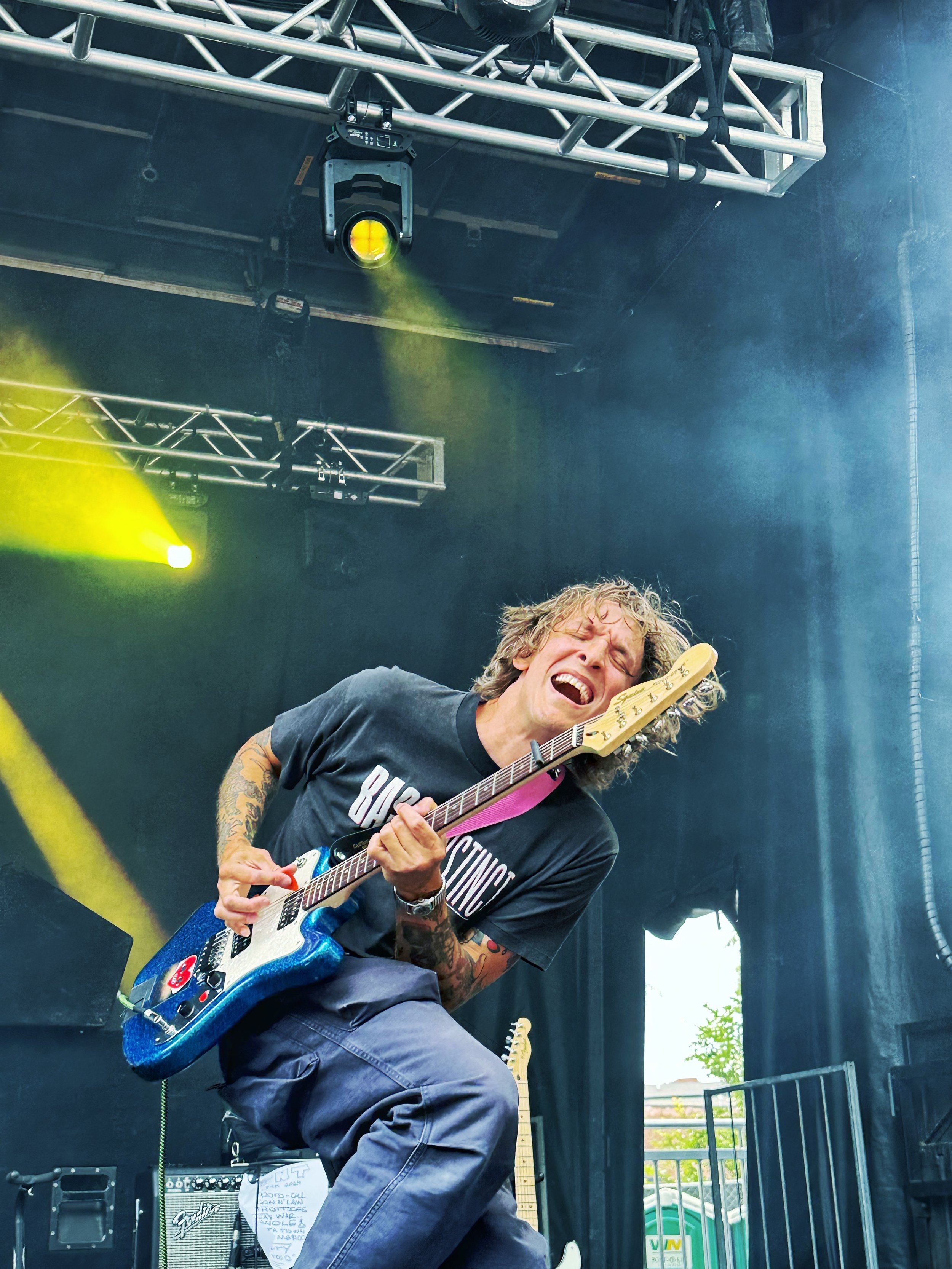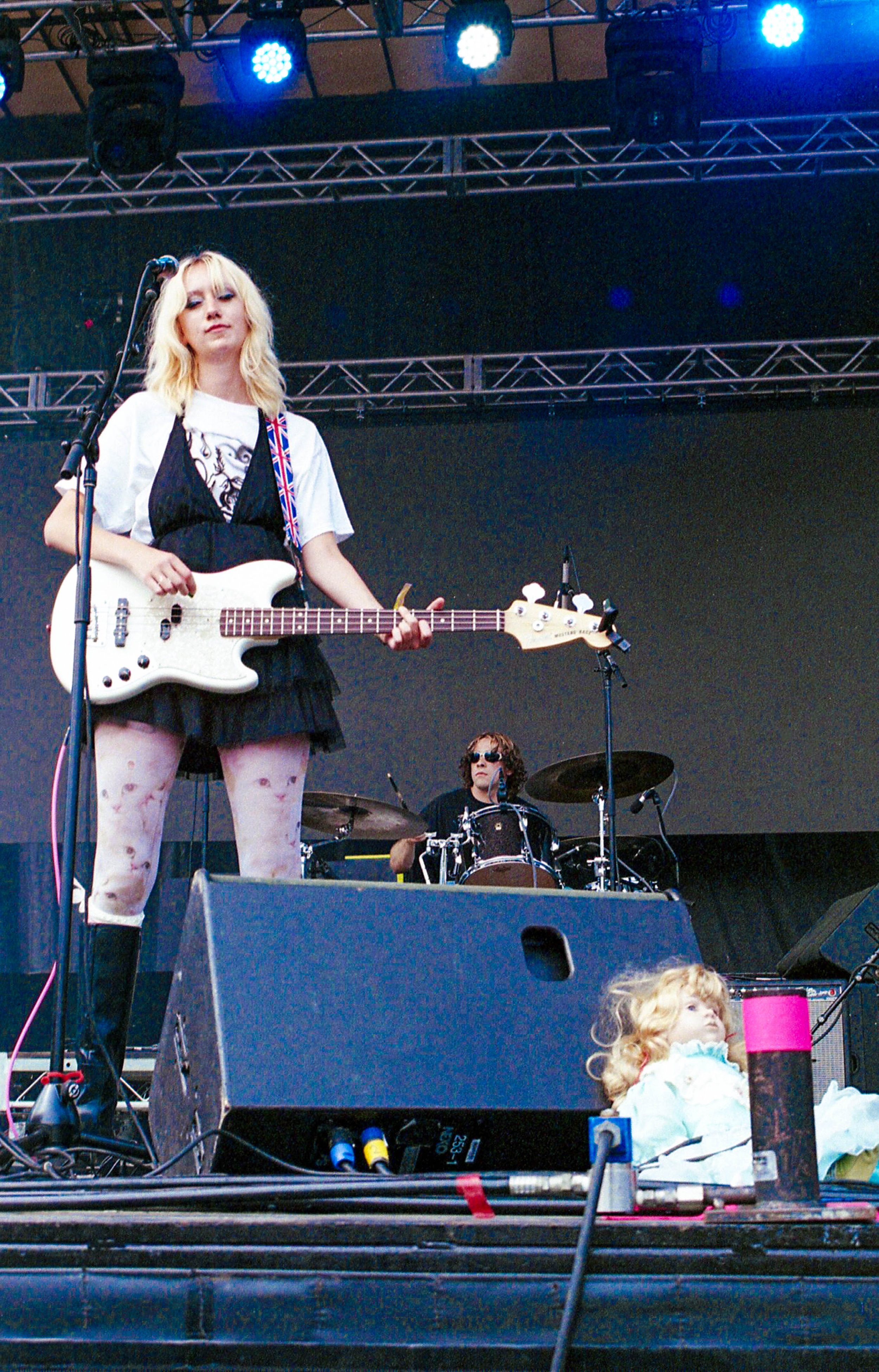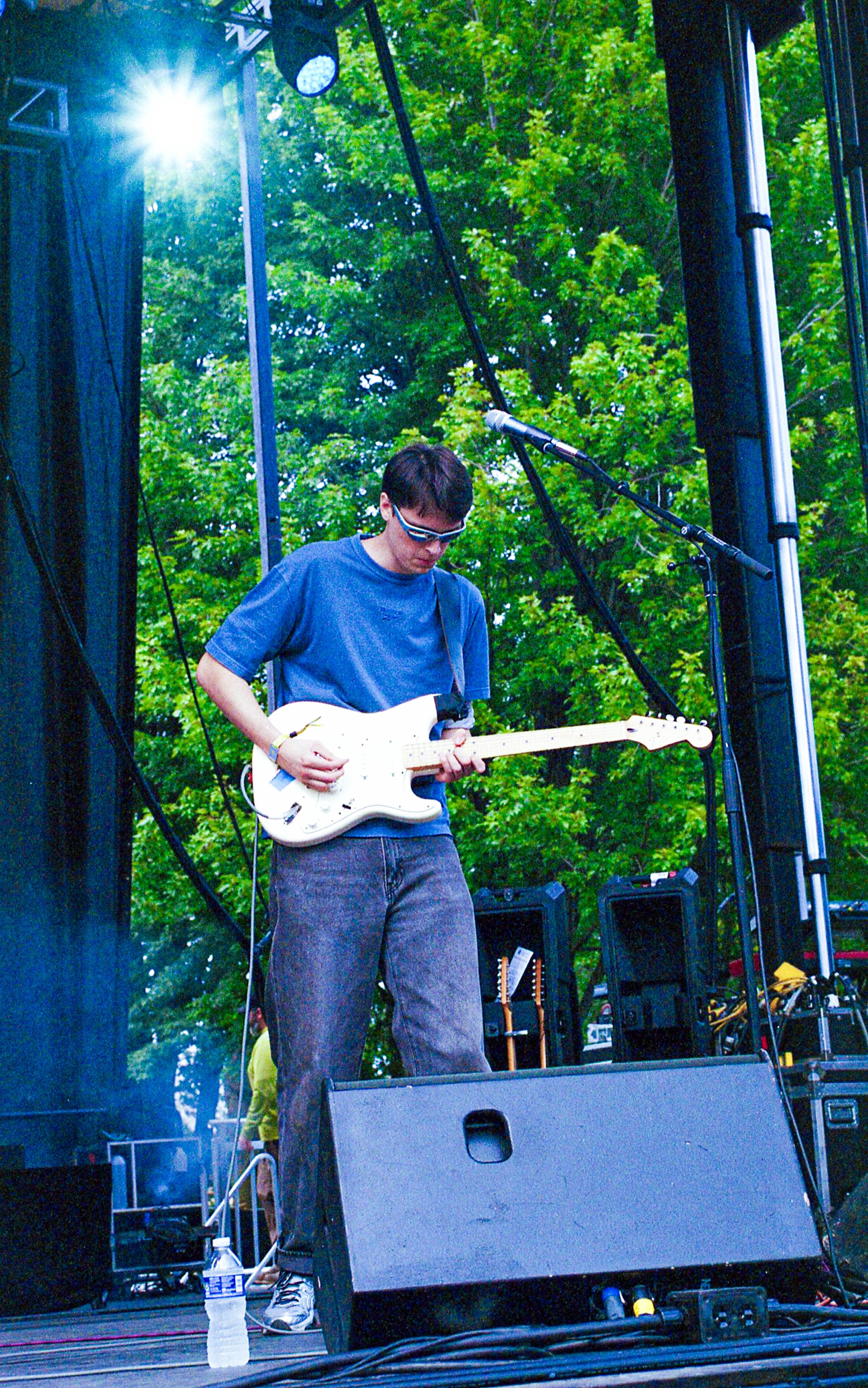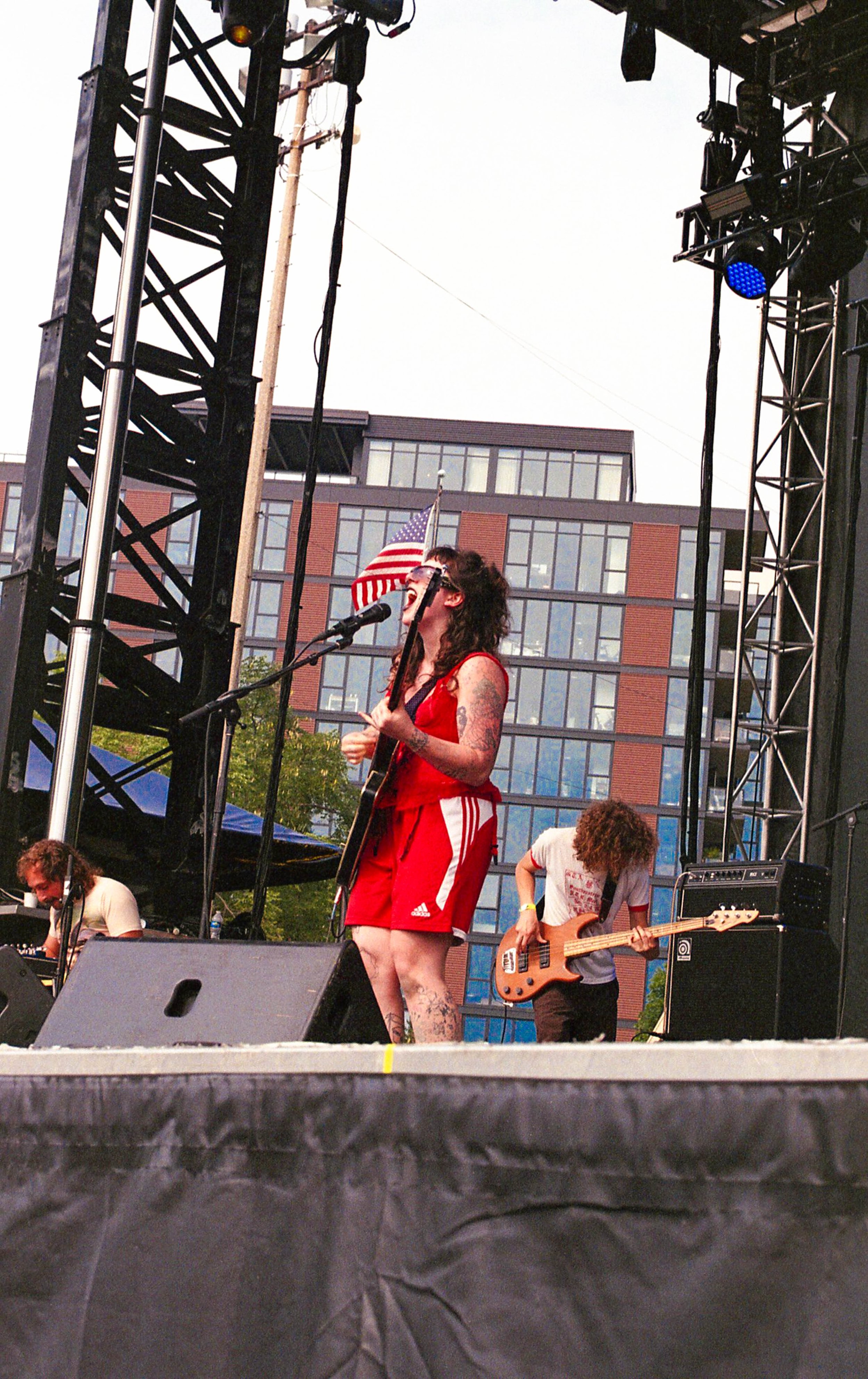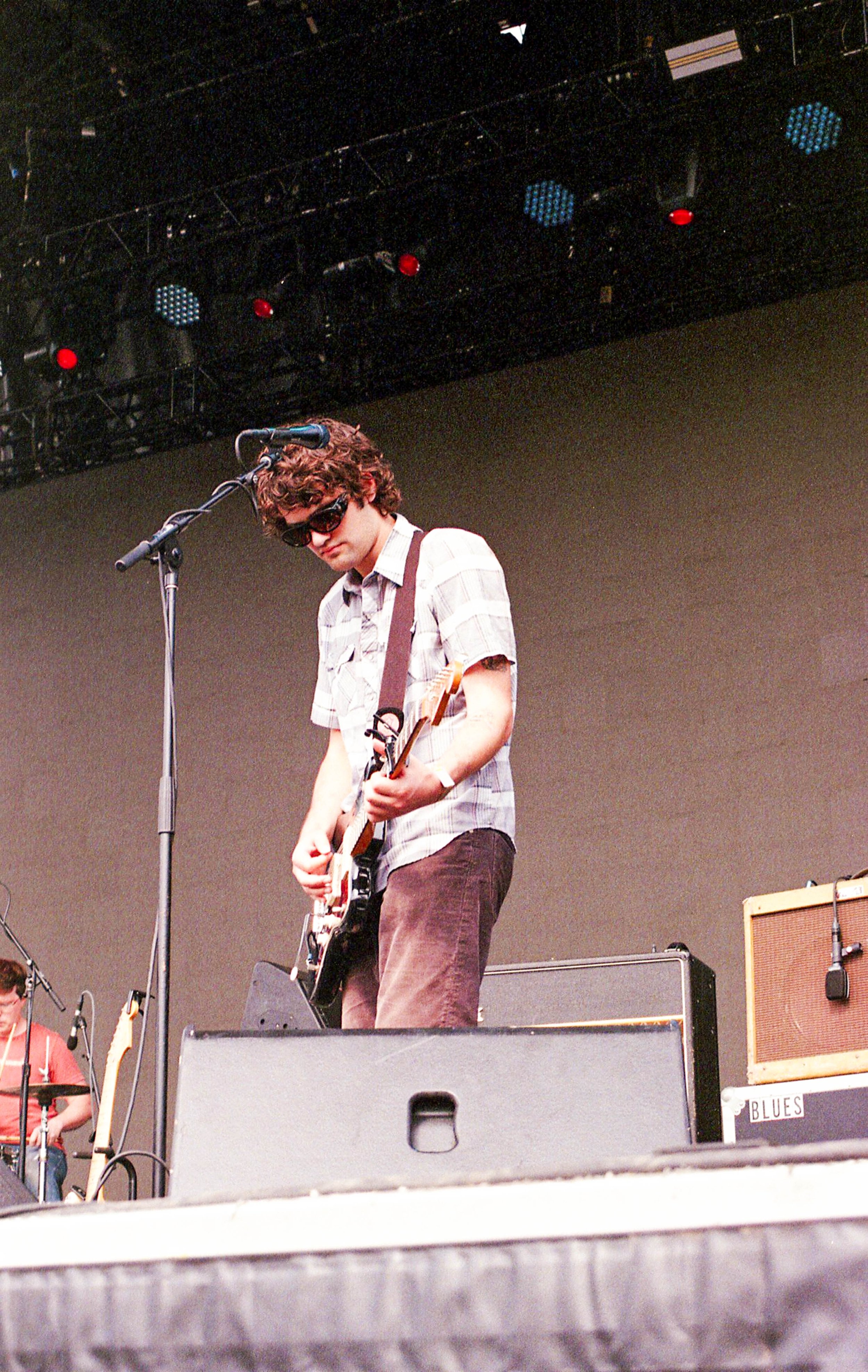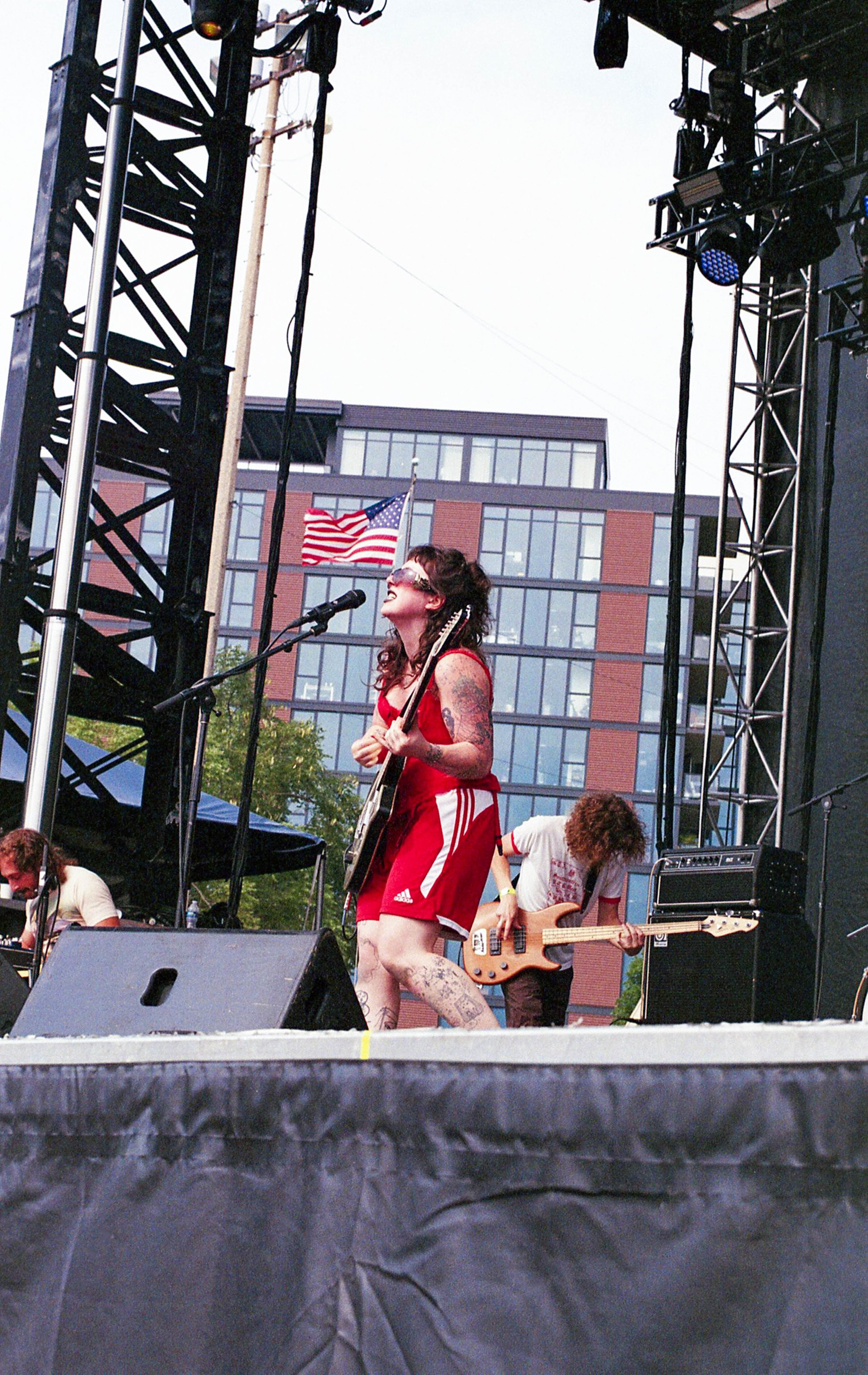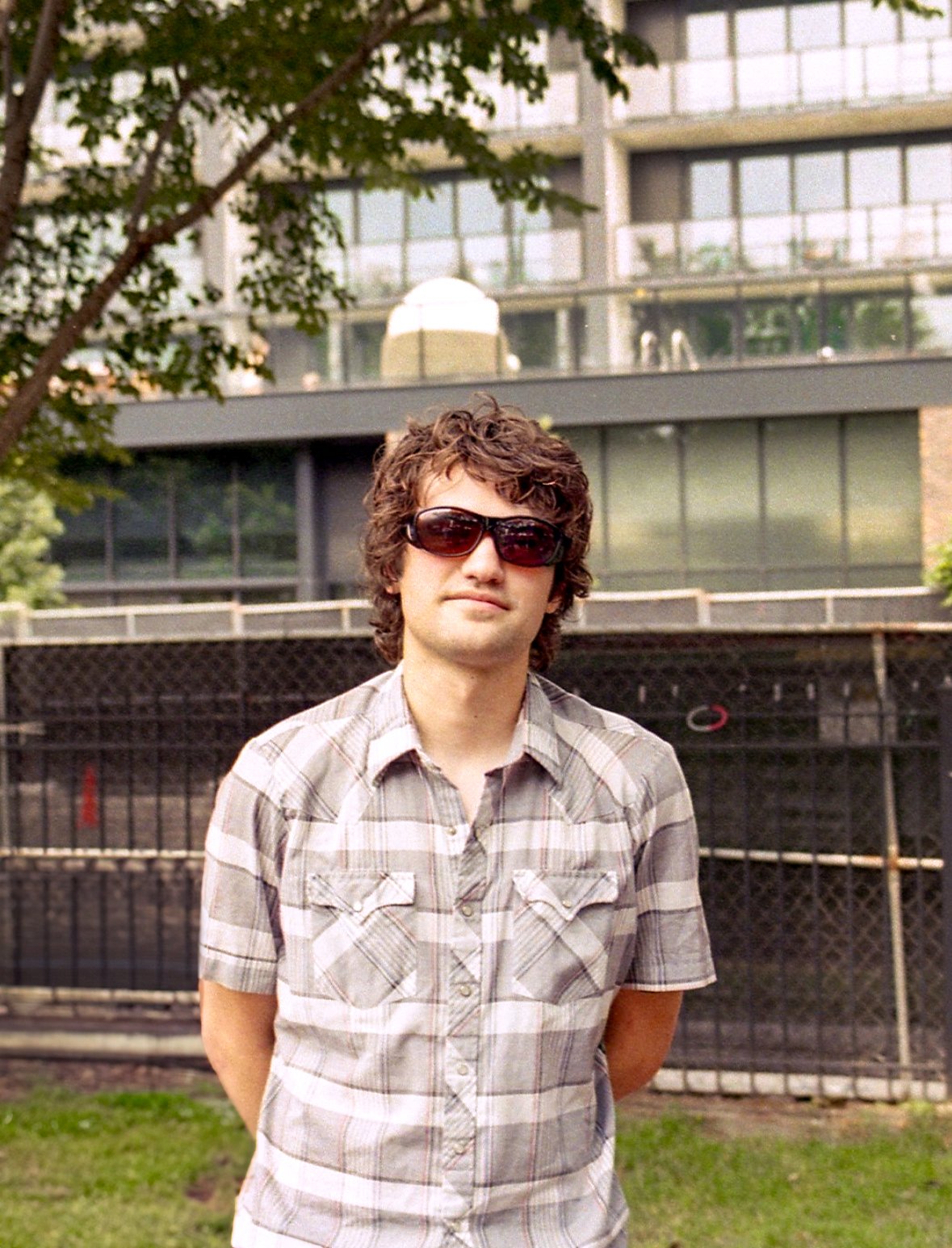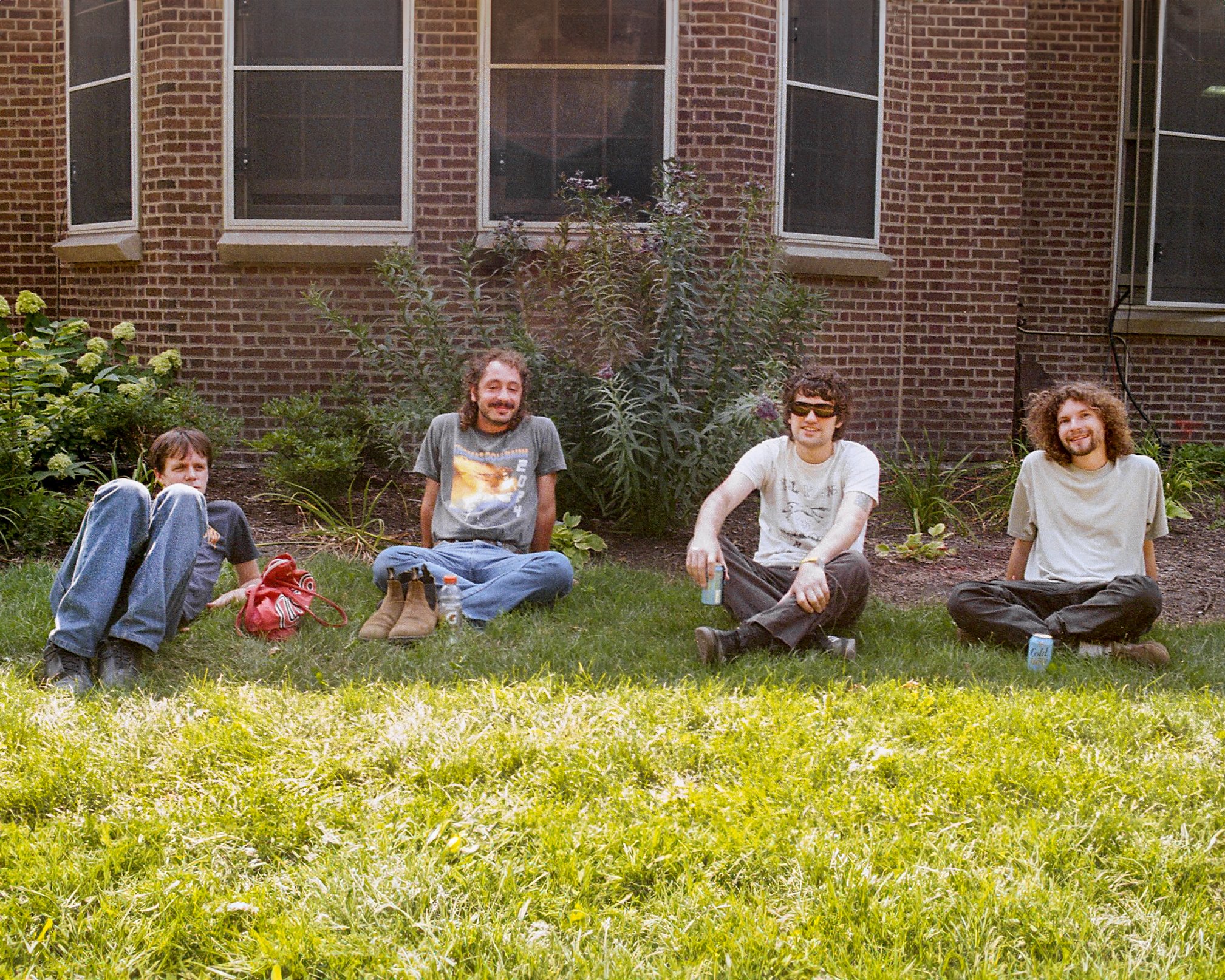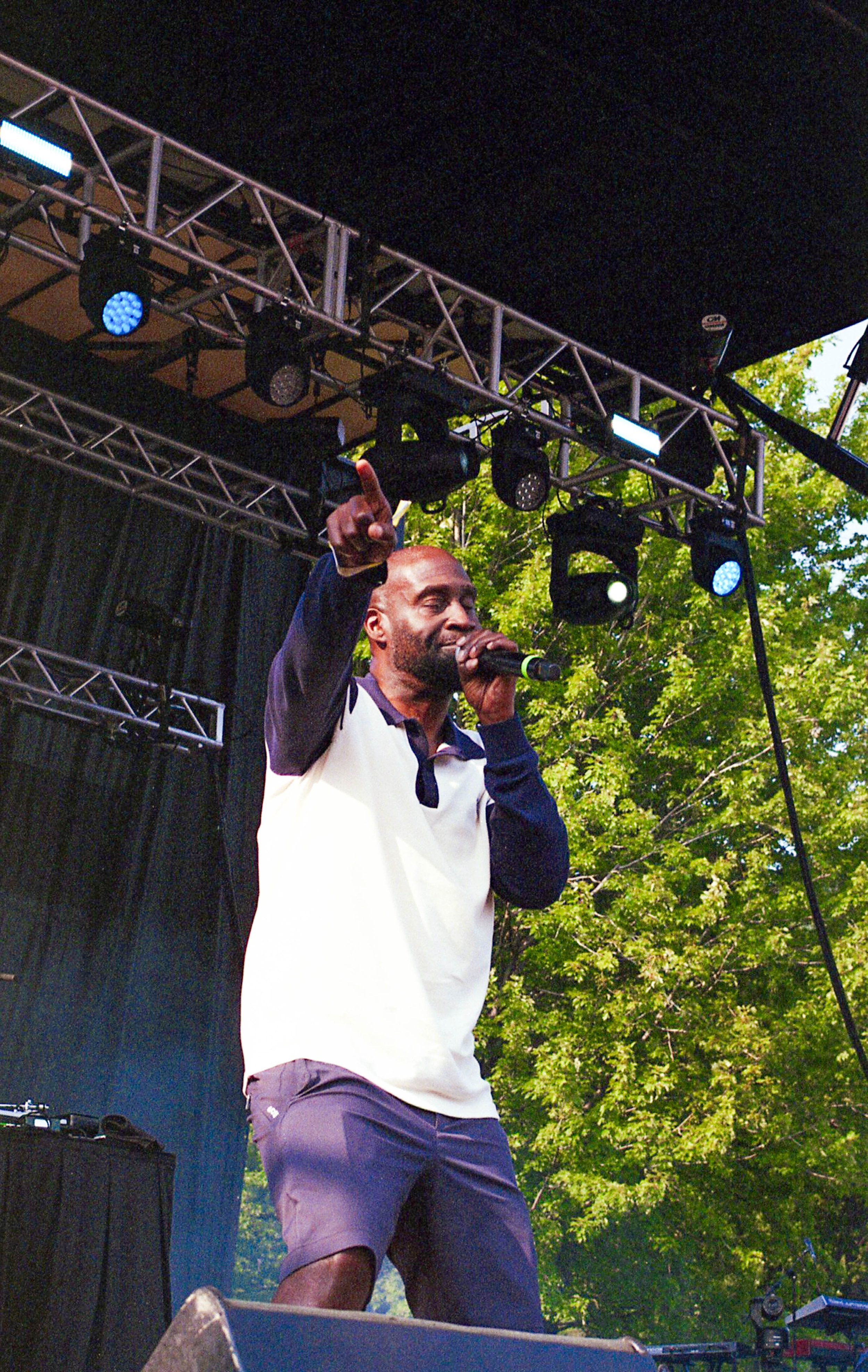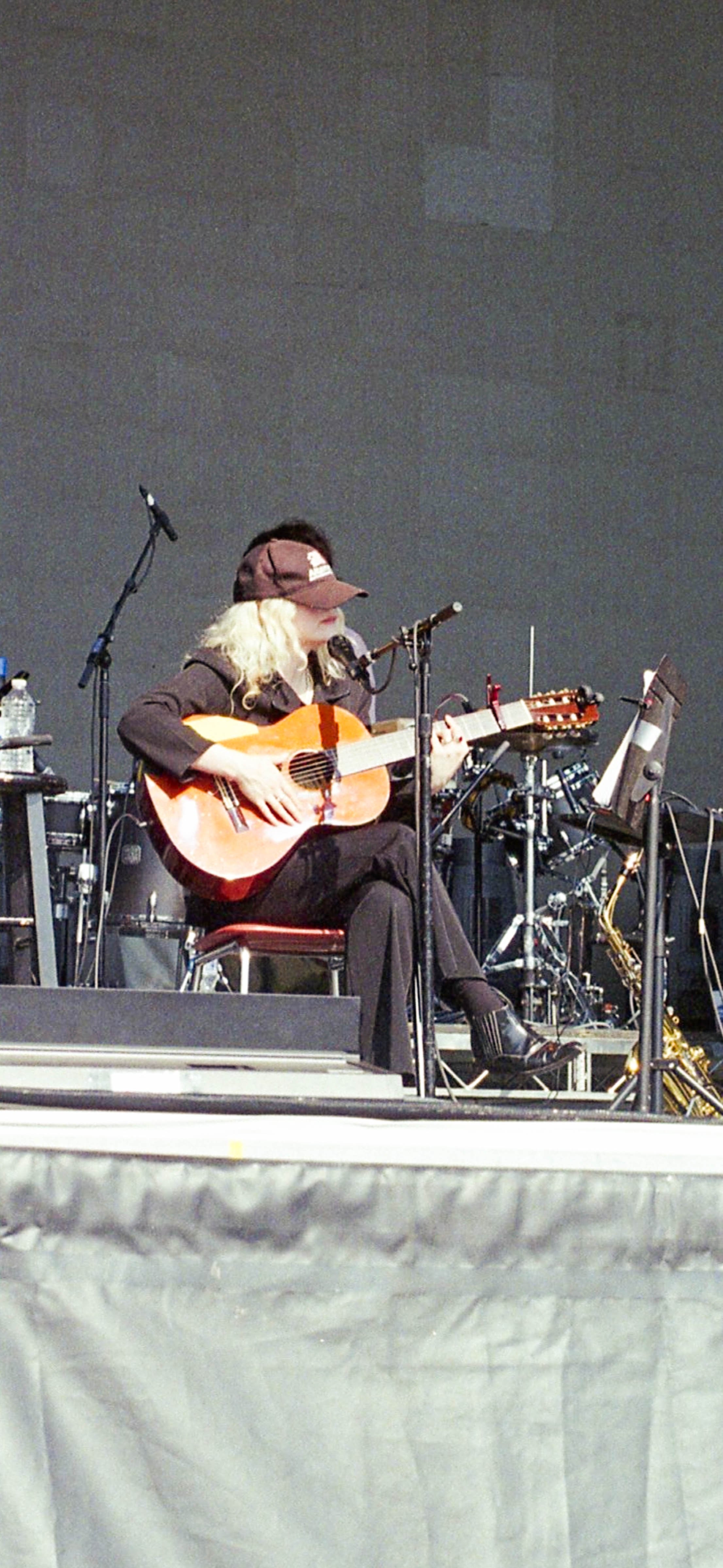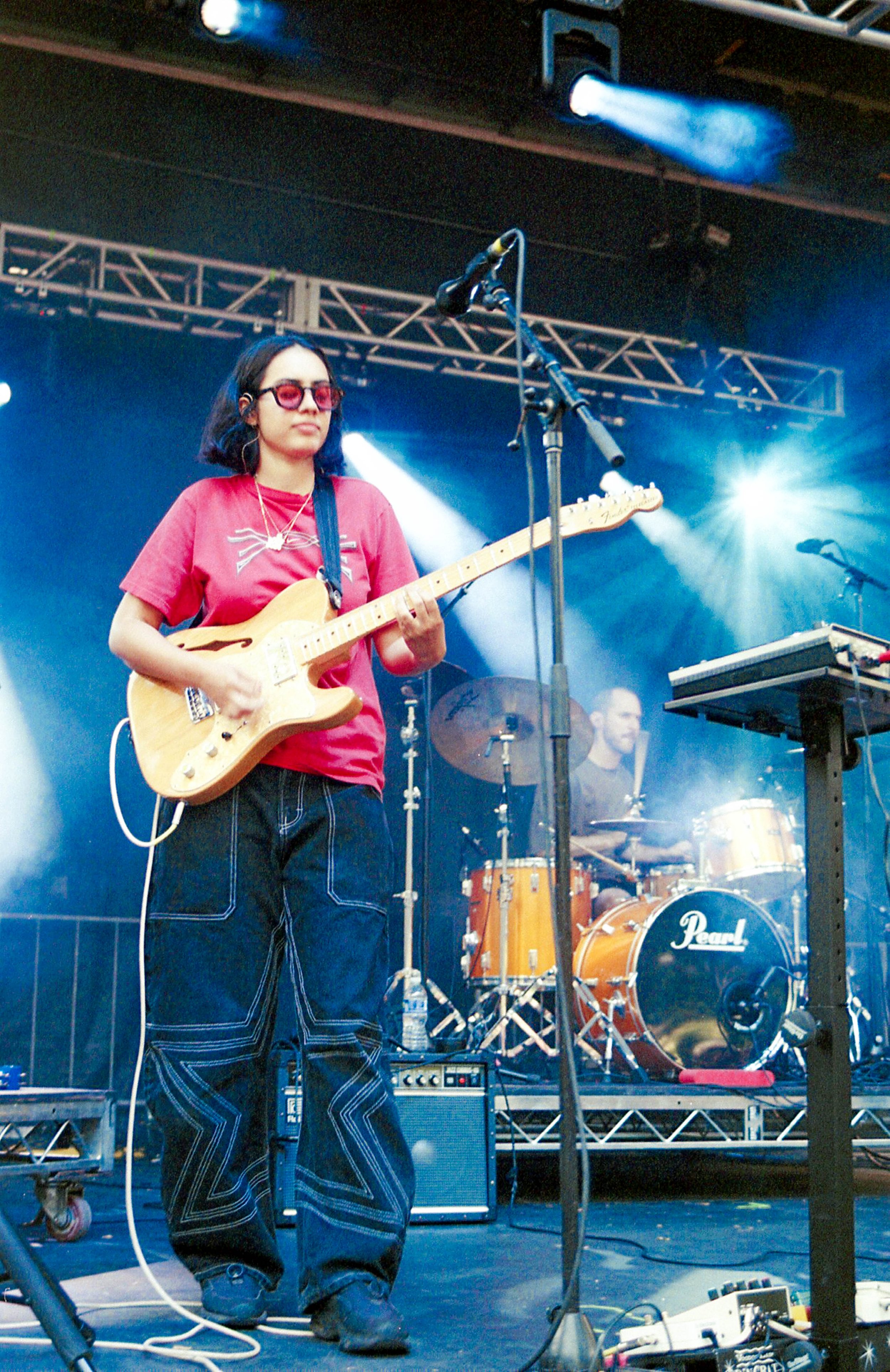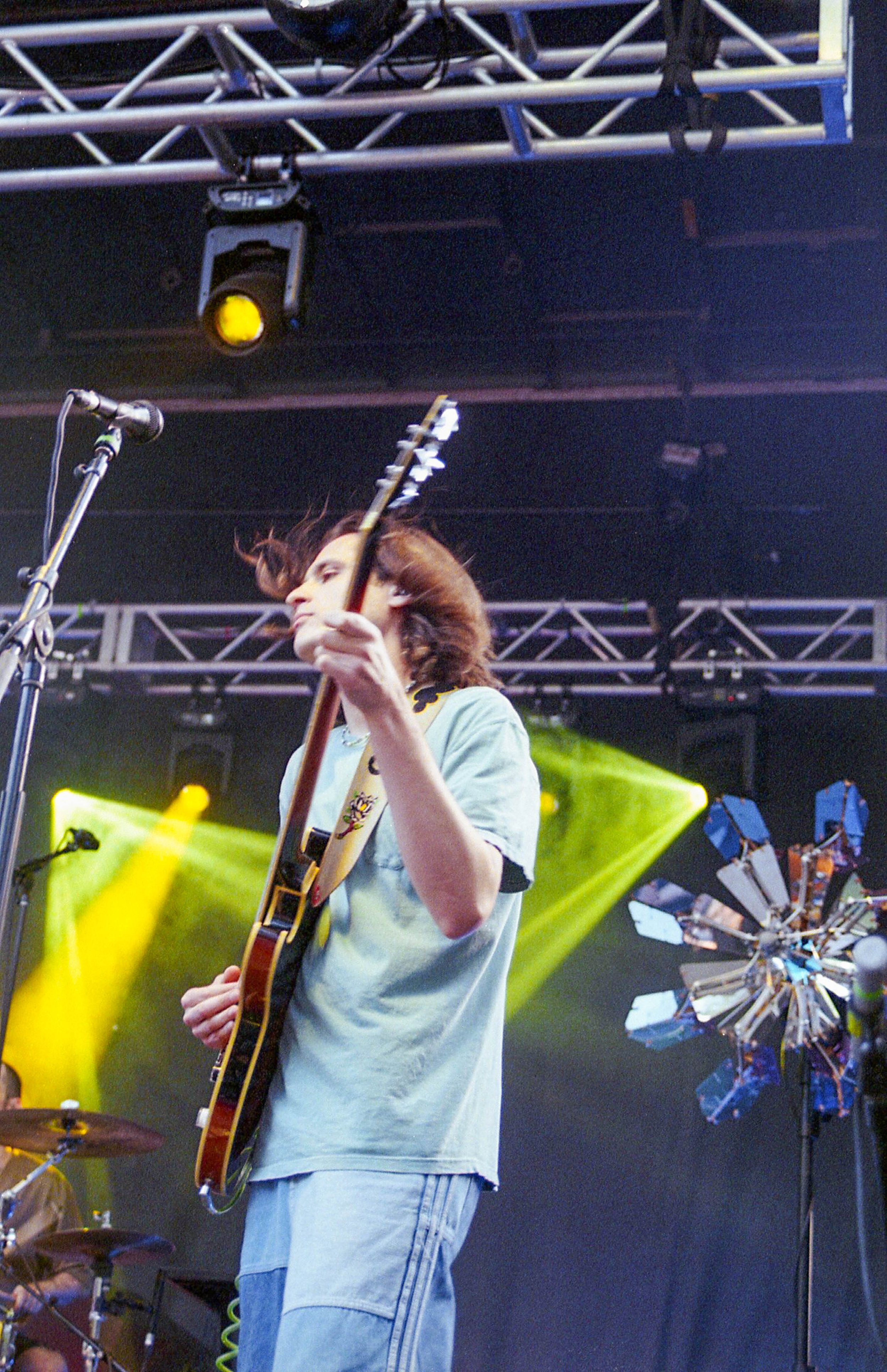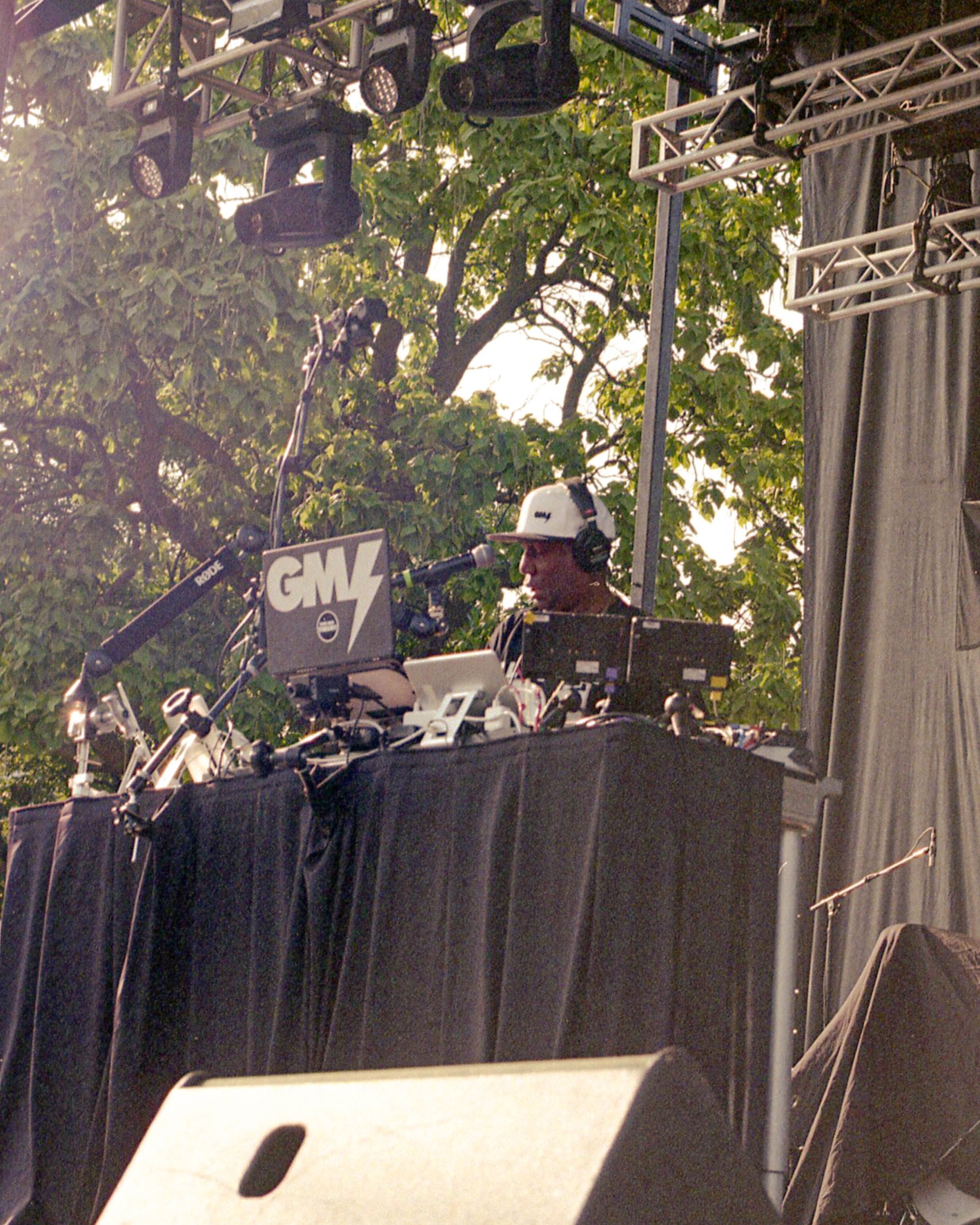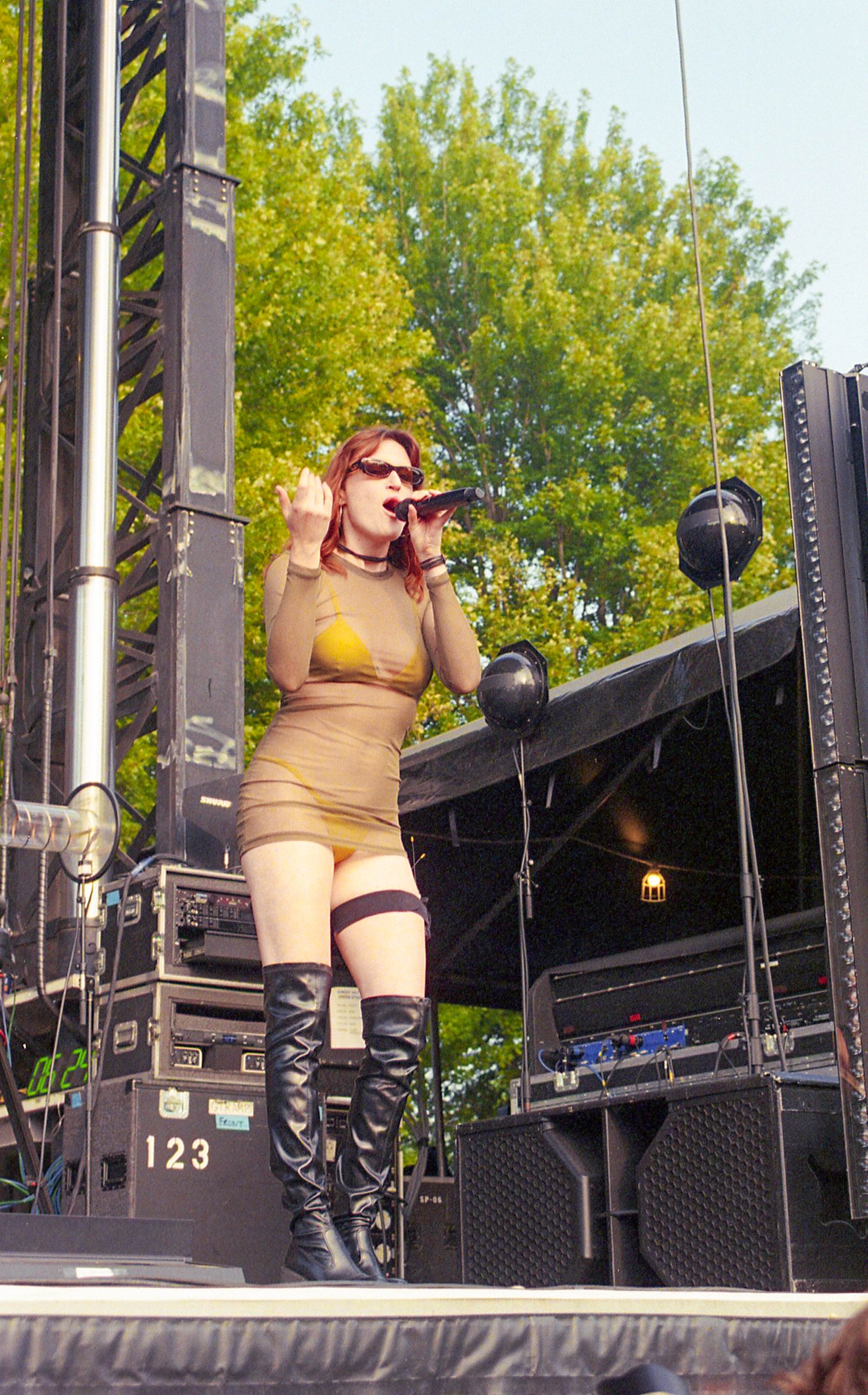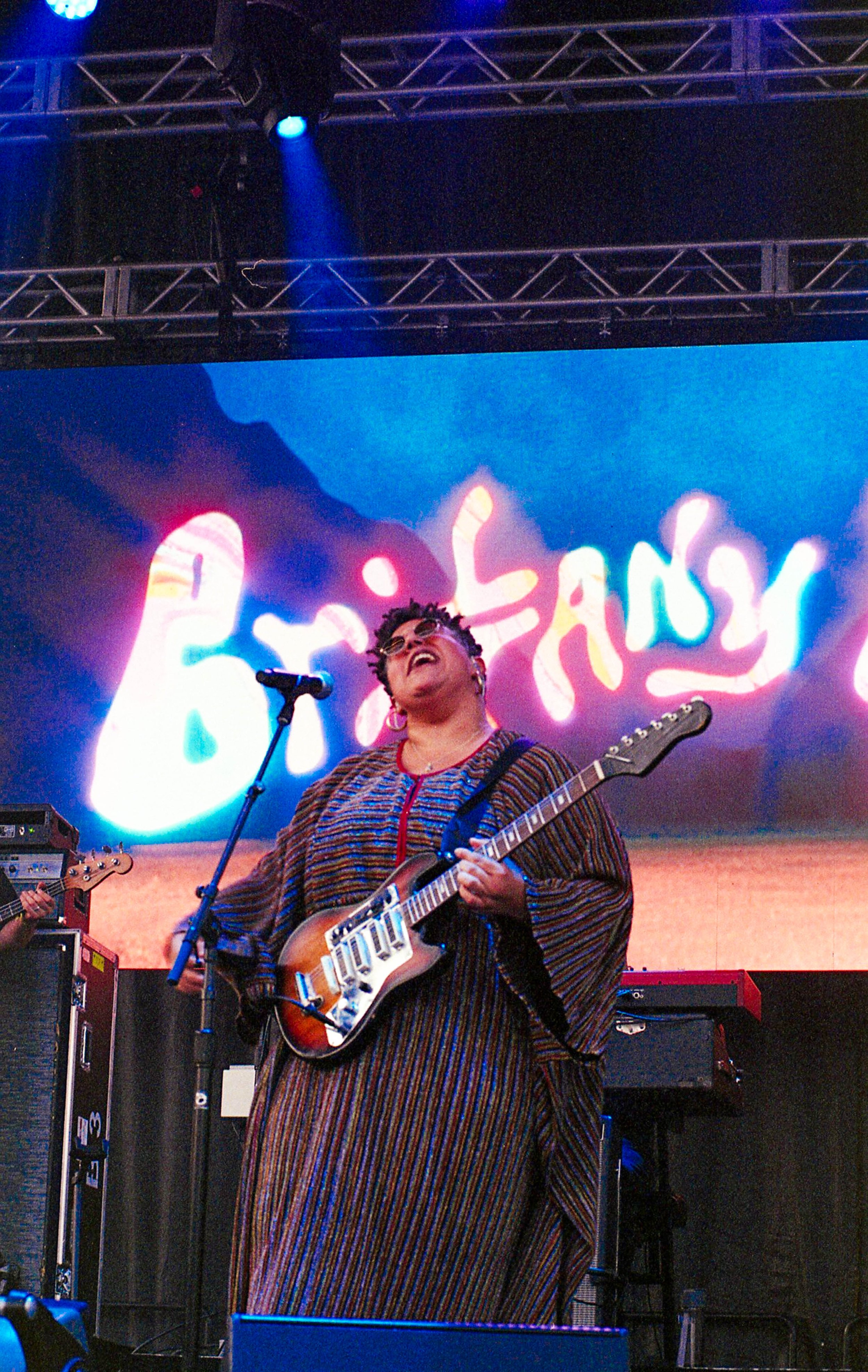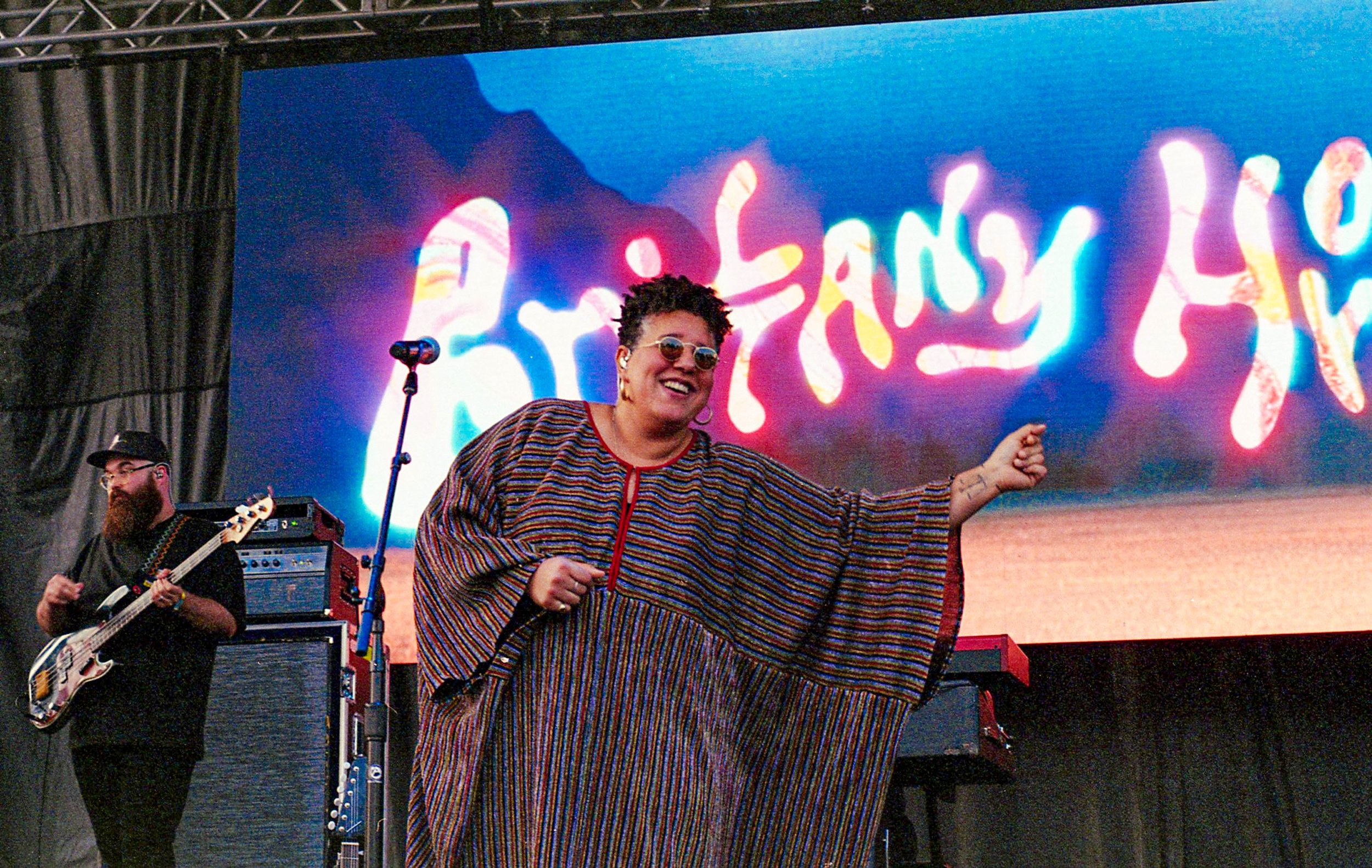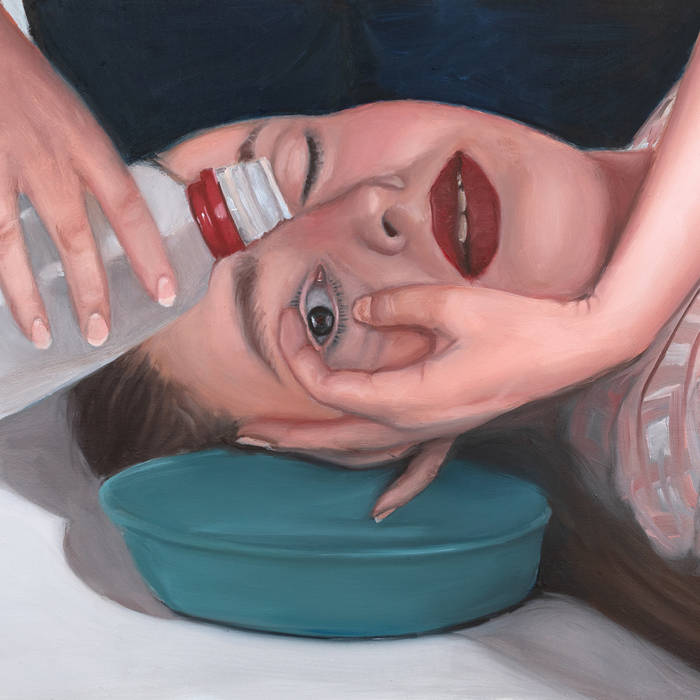95COROLLA – LONG TIME LISTENER / FIRST TIME CALLER | Album Review
/We’re Trying Records
I’m thinking of a specific moment right now. The memory feels hazy, but I know I’m standing at a show, the lineup obscured by many years of tall cans and spliffs. My mind is trying so hard to conjure pictures or faces and is failing miserably. But my body remembers the sounds, the hum and vibrations of the instruments, the feeling of strangers pressed around me on all sides, as we’re all screaming and dripping sweat. Must be 100 degrees in that living room; it smells like stale beer and BO while several someones are lighting joints, thickening the limited oxygen with plumes of weed smoke. The band is two songs in, and they are in an absolute flow state, playing so loud that the air density begins to change, becoming viscous, submerging the separation of us in the crowd and them up front until it fully dissolves as we all move and yell and climb and dance together. It's absolute ecstasy. It can be, in my opinion, the type of moment that turns someone who goes to shows every once in a while to a person who is at every single one.
Every scene has had “their band” for “their time.” As much as the internet has given us all the gift of feeling like we’re in those living rooms, basements, and community spaces, the painful truth is that we weren’t. I can only tell you what it was like seeing Joyce Manor play at The Cabin, the same way someone from the Miami scene can only tell us what it was like to see Glocca Mora play FEST. In this same vein of something special happening before the rest of us fully catch on, so too is Nashville having their moment with local punkmo outfit 95COROLLA. The band’s debut album, LONG TIME LISTENER / FIRST TIME CALLER, captures, morphs, and evolves 2000s arena emo, reverse engineering its finer points and injecting them with the distilled atmospheric ambrosia of the $5 house show.
The album opens with a voicemail, which sounds like the caller is suffering from different injuries, possibly head trauma, before the band kicks into some soaring and thematic mid-aughts riffage. This sort of concussed recounting makes multiple appearances throughout the album, weaving in and out of clear, sharp storytelling before falling back into the occasional fog of a somewhat obfuscated narrative.
Calling the first full track of the album, “TO BE CAREFUL,” anthemic would be a significant undersell, as its structure of build and chorus triggers deep, deep yearning for a crowd to surf and careen off of. The song builds to a turbulence that quickly spikes and jumps, perfectly mimicking the abrupt panic and eerie calmness of getting “that” phone call. Never before has the horror of a car accident felt so catchy and huge (yeah, I said it), and that's the ultimate rub, at least in my opinion, on this album: covering the complex feelings of living and breathing with the delicate outlines of temporal absurdity, all assembled into a collection of tracks that would be an easy pick for any Tony Hawk game.
This seems to be the specific balance 95COROLLA strikes between having the joyous, style saccharine emo punk with a ponderous yet snarky lyricism that feels like Bren Lukens and Diablo Cody fighting for control of the pen. This battle occurs throughout the album on songs like “PLANTER” and “NO COAST.” There’s an almost 4th-person narrative where the songs feel as though there’s some type of out-of-body experiences being grounded but in the most non-euclidean way possible communicated as awkward, cloying, spiritual gasps in lyrics like
We dance it, dance around it, I’ve been here before
I’m outside your window, your outside my door
No chance about it, chance about it, I fell on the floor
I’m fucking landlocked
The album’s third single, “NOTHNXLOL,” is so dreadfully catchy that I almost missed the whisper of my stomach knotting. Meanwhile, “NOTHING MAJOR” operates as a vehicle for fun, dancy, and moshable riffs while laundering in lyrics like
Can you imagine
It's just a quick incision
Replace the face if you want to
Rearrange the shape if you want to
I don't need anybody else
I can fuck this all up myself
I can think of nothing more permanent
Than a fucking temporary fix
which really didn’t sink in for me until the 4th listen-through. And trust me, the subsequent listens still feel as hot-breathed and infectious as the first spin, with its undeniability remaining even after you return to the world outside of the album.
All of this is already quite engrossing when it’s coming in through the decaying speaker system of your 2011 Honda Civic, so I can only imagine what the 95COROLLA live experience is like. As much as this album is easy to disappear into, I still wanted to get a bit of confirmation that what I’m hearing is what is being felt, so I asked fellow Nashvillain Douglas Kinsella of Tennessee fever dream screamo twinkle dadmo revivalists, Captain Jazz what one could expect from a ‘ROLLA live show and he had this to say:
“95Corolla hits the first few notes, and suddenly you're there: Watching FuseTV on a glowing CRT with the lights off, memorizing call and response choruses for nighttime car rides. Sneaking into a theater with a 12-pack RC Cola, reading tabs for Senses Fail b-sides until you're knocked free of nostalgia by the shoulder of the moshpit.”
Yeah, that sounds about right.
I still can’t remember the lineup that I’m thinking of, and frankly, I don’t think it matters. It could’ve been so many different shows with so many different bands. The thing that remains constant is the feeling. The “I know this is where I’m supposed to be” type feeling that now invokes the twinges of joyful melancholy that my years removed from that time have produced. Still, I’m pressing play on LONG TIME LISTENER / FIRST TIME CALLER, and I am transported back to that living room, surrounded by people who I don’t talk to anymore as we smile and scream unintelligibly. The band, which could be any band, is playing every note right and singing every word I want, possibly even need to hear, and the night could be any night, with people spilling out the front of the house. The show will end soon, and we’ll go out to eat somewhere. I am as alive as I’ll ever be.
Southern California born and raised, Elias can often be found at the local gig, be it screamo, emo, hardcore, or online @listentohyakkei begging people to listen to the MANS Summer 2007 demo. Their time in the scene is patchwork but their dedication to it and the music that makes it has made up the last few years of their life. They love this shit with the whole of their heart and will talk your ear off about it if you let them. Screamo for fucking ever.


